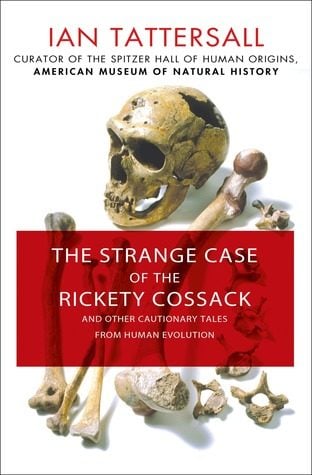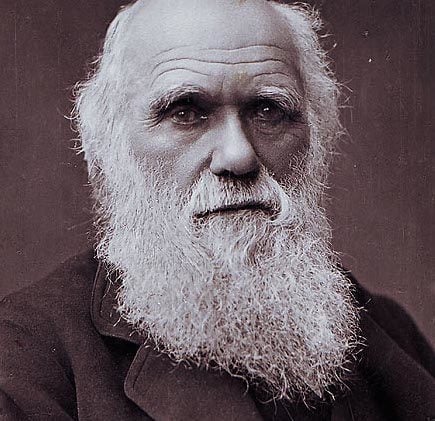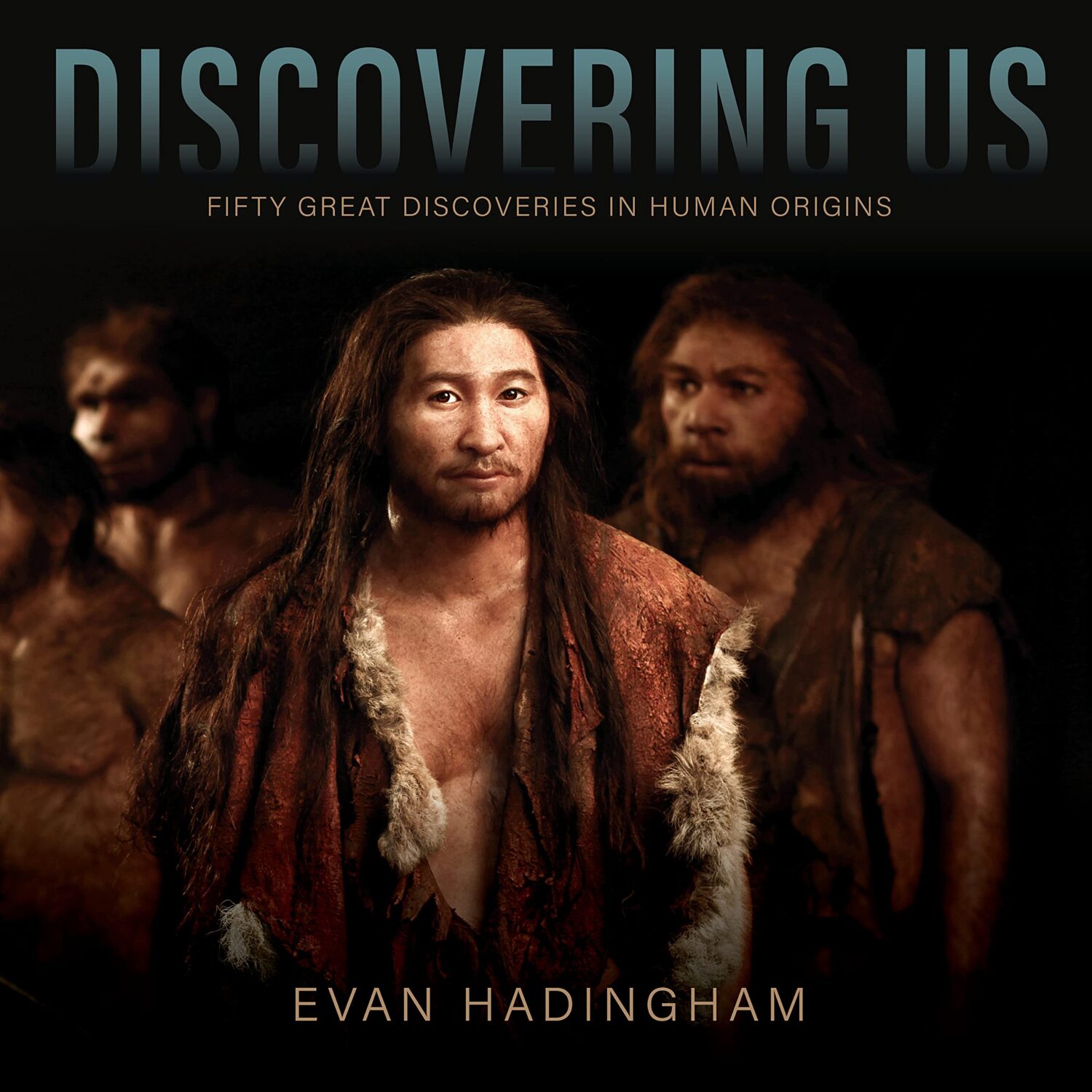Book Shelf
Looking for your next great read about evolution, behavior, or biology? We asked The Leakey Foundation’s scientific advisors and trustees to share their human evolution book recommendations.
These books are available at your local library or independent bookseller. They are also available online at our bookshop.org storefront! Read on to discover some of the best books on human evolution and related subjects.
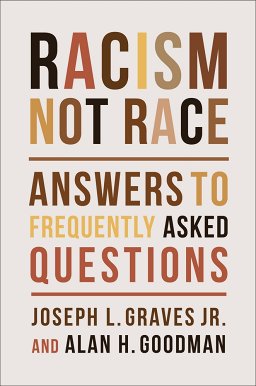
Racism, Not Race: Answers to Frequently Asked Questions
by Alan Goodman and Joseph Graves Jr.
This book, written by two evolutionary biologists/anthropologists, explains clearly why inequities in health, wealth, and an array of other life outcomes cannot be explained without referring to “race,” but their true source is racism. Racism, Not Race combines great science and science history in a highly readable package. It was just named the winner of the W.W. Howells Book Award of the American Anthropological Society for 2024.
Recommended by Dr. Nina Jablonski, Atherton Professor, Evan Pugh Professor Emeritus of Anthropology at Pennsylvania State University
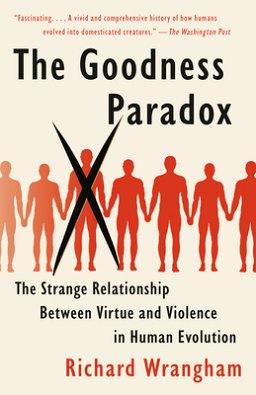
The Goodness Paradox
by Richard Wrangham
Wrangham applies findings from primatology, paleontology, linguistics, and cultural anthropology to fashion a new paradigm for understanding human sociability and organized violence. He depicts how our ancestors likely used capital punishment to overthrow reactively aggressive alpha males and fashioned a society dominated by coalitions of less aggressive males. These coalitions, in turn, used capital punishment to cull out anti-social personalities, leaving us with an inherited moral sense. The paradox is that we are intuitively moral and sociable while at the same time prone to cold, calculated violence such as organized warfare.
Recommended by Chet Kamin, Leakey Foundation Trustee and Grants Committee Chair

Friendship: The Evolution, Biology, and Extraordinary Power of Life’s Fundamental Bond
by Lydia Denworth
During the past few years, scientists have found striking new evidence in human and nonhuman primates that stable, long-lasting social bonds—particularly among females—have important beneficial effects on health, longevity, and reproductive success. Previous research often emphasized the importance of dominance and aggression. Now, renewed attention is being paid to long-term, cooperative, and mutually supportive social relationships.
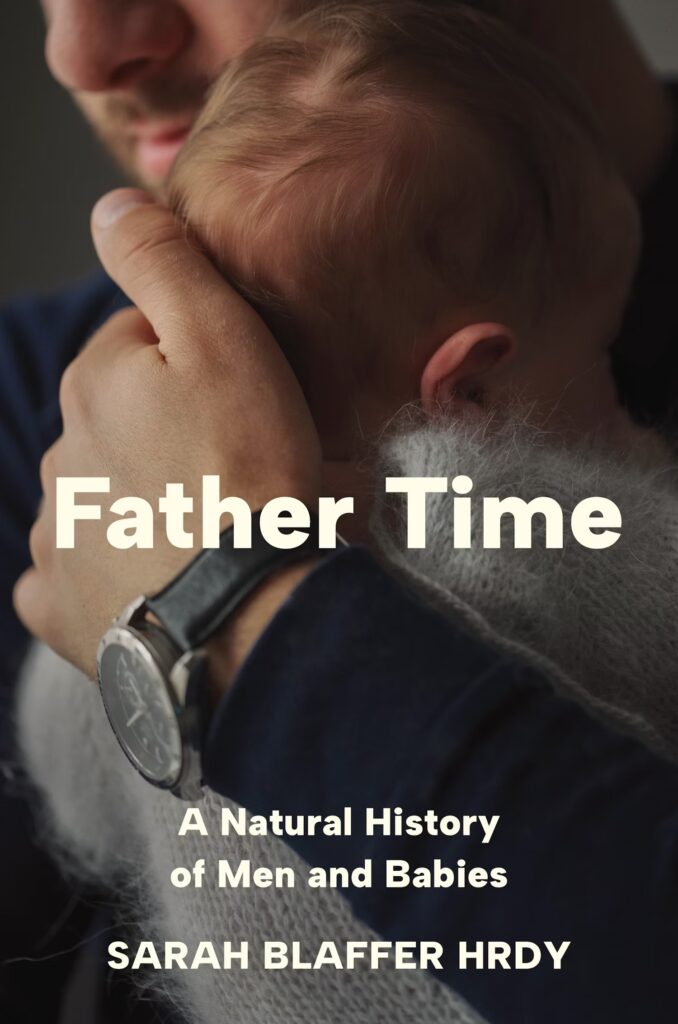
Father Time: A Natural History of Men and Babies
by Sarah Blaffer Hrdy
Alison Gopnik, Professor of Psychology at Berkeley, says: “Sarah Hrdy gives us a fascinating, compellingly readable account of the new science that has revealed the deep potential for nurturance in fathers. The book is both a personal, immensely important and gripping story, and a masterly summary of equally compelling and important scientific research.”
Recommended by Dr. Robert Seyfarth, Professor Emeritus, University of Pennsylvania
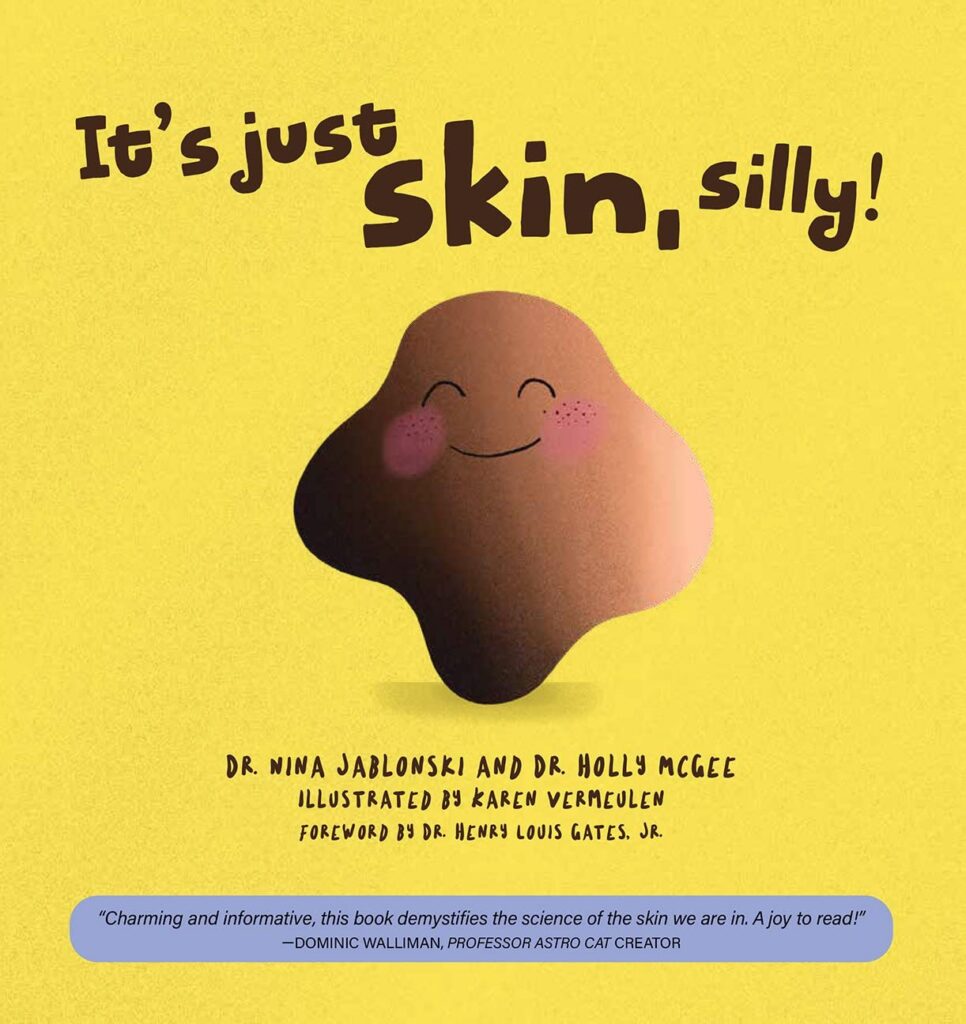
It’s Just Skin, Silly
by Nina Jablonski and Holly McGee
It’s Just Skin, Silly is a great little book that describes the evolution of human skin and skin color. It uses a wonderful shape-shifting, color-changing protagonist named “Epi” (for “Epidermis”) to tell the story. It delivers the basic facts of skin color evolution and the absurdity of color-based racial bias in a delightful way. It is an easy read that sinks in, written for kids but great for the older people in children’s lives.
Recommended by Sharal Camisa Smith, Executive Director
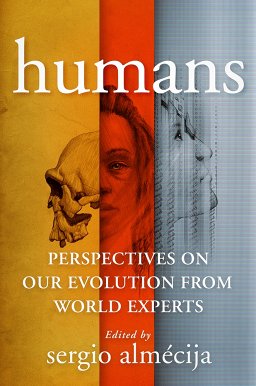
Humans: Perspectives on Our Evolution from World Experts
by Sergio Almécija
It is a different book from any other I’ve read, as Sergio had a large slate of paleoanthropologists address questions about their lives, histories, work, thoughts, etc. Humans is a fun book that you can enjoy reading in pieces or as a whole. It gives the reader information not only about science and how we evolved but also about how the scientists who study our origins view our evolution, approach science, and how and why they came to do what they do. The book is quite unique and provides insights into both science and scientists.
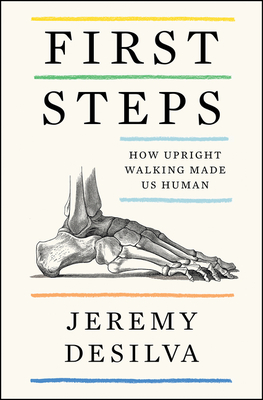
First Steps: How Upright Walking Made Us Human
by Jeremy DeSilva
First Steps is an enjoyable exploration of an important topic–walking! Jeremy DeSilva discusses not just the evidence for where bipedal locomotion came from but its importance for all other areas of our ancestors’ biology and how it shaped who we are today.
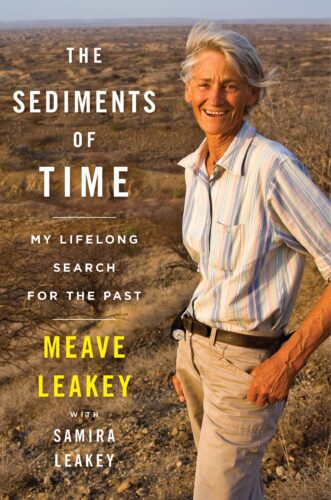
The Sediments of Time: My Lifelong Search for the Past
by Meave Leakey
Meave Leakey is a remarkable person and, of course, a member of The Leakey Foundation’s Scientific Executive Committee. No one else has a story like Meave’s, and reading about her incredible journey is inspiring.
Recommended by Dr. Carol Ward, Curators’ Professor of Pathology and Anatomical Sciences at the University of Missouri

When Humans Nearly Vanished
by Donald R. Prothero
When Humans Nearly Vanished is the fascinating story of how genetics, geology and anthropology serendipitously converged to describe a near catastrophic drop in the world’s human population to only about 1,000 to 10,000 breeding pairs…the population equivalent of a small basketball arena! I was introduced to this topic at a Stony Brook conference convened by Richard Leakey. A Utah anthropologist, Henry Harpending, played a key role in mitochondrial DNA research that identified a population bottleneck that existed 70,000 years ago. The bottleneck was subsequently followed by a burst in population growth 50,000 years ago.
Recommended by William Wirthlin, Jr., Leakey Foundation Life Trustee
Shop the list, support science
If you choose to purchase books through our Bookshop.org storefront, a small percentage of your purchase will support our work.
